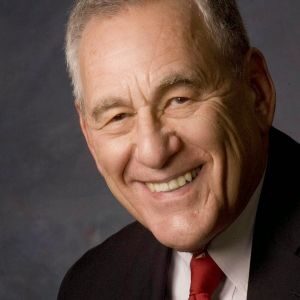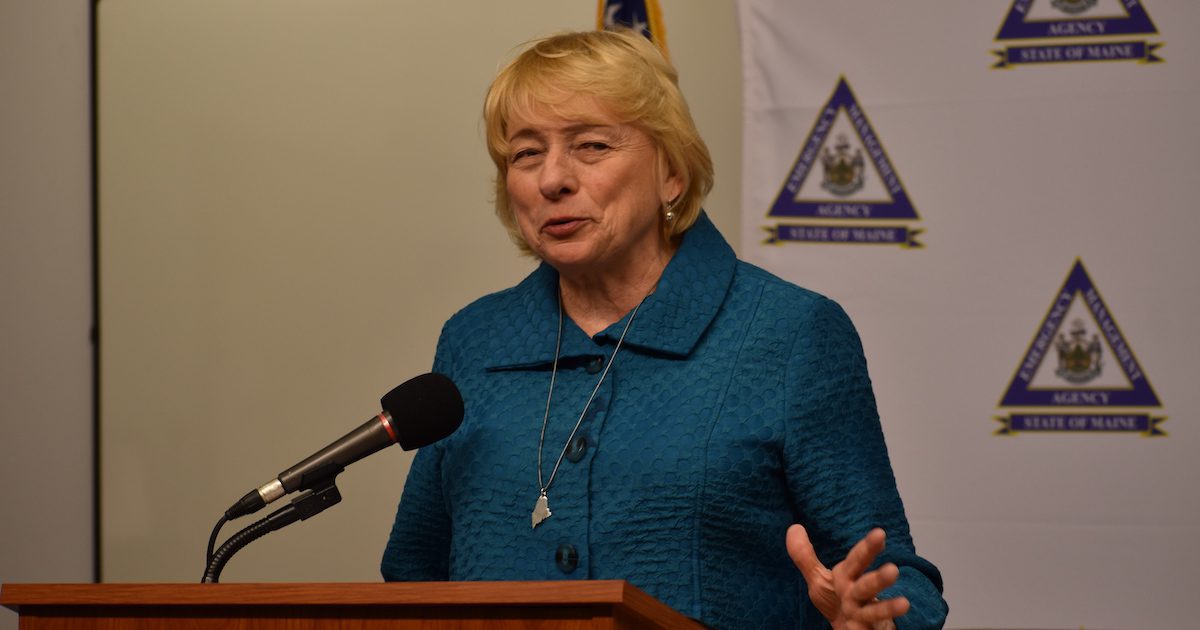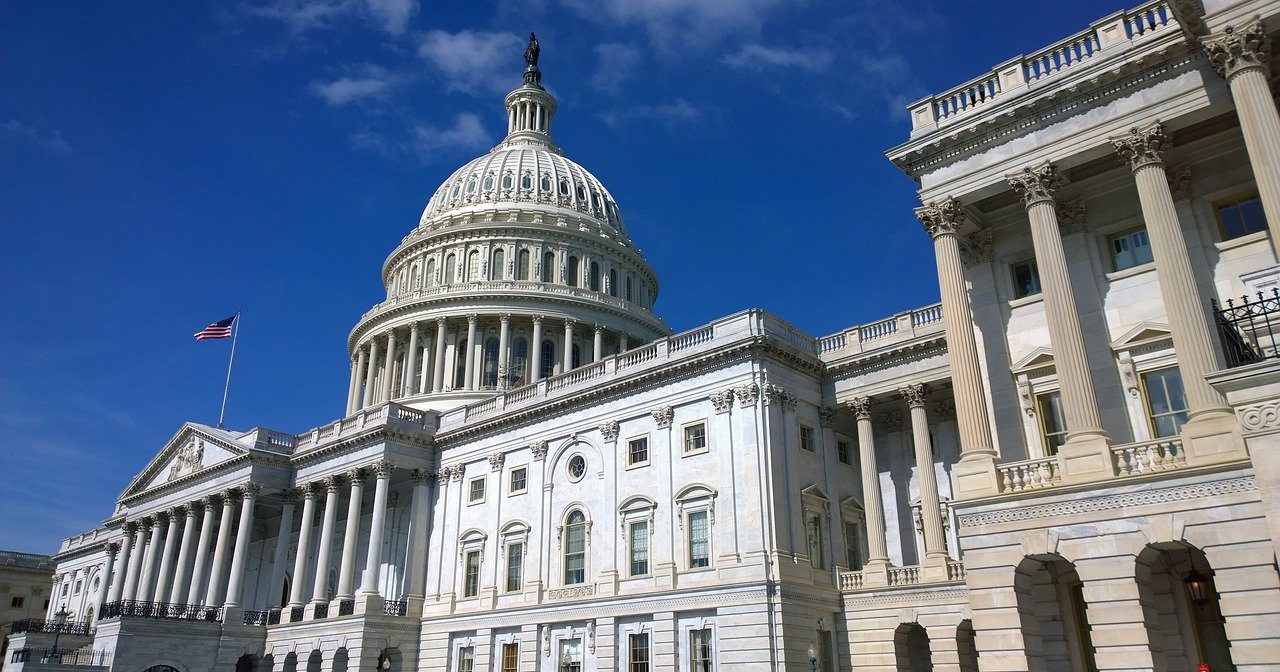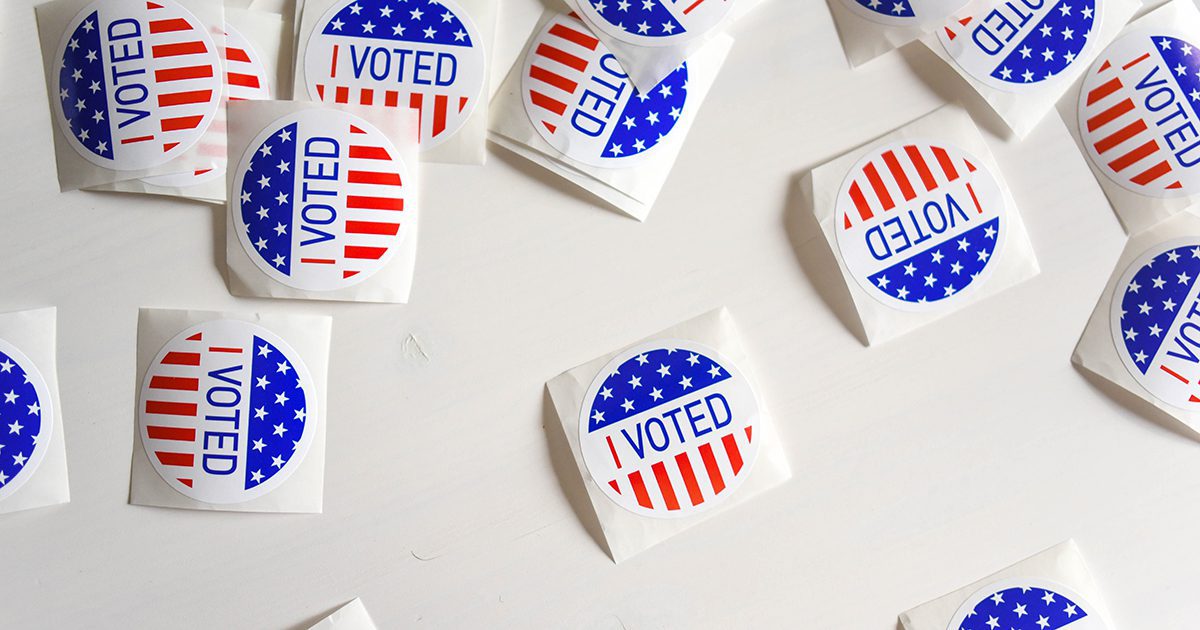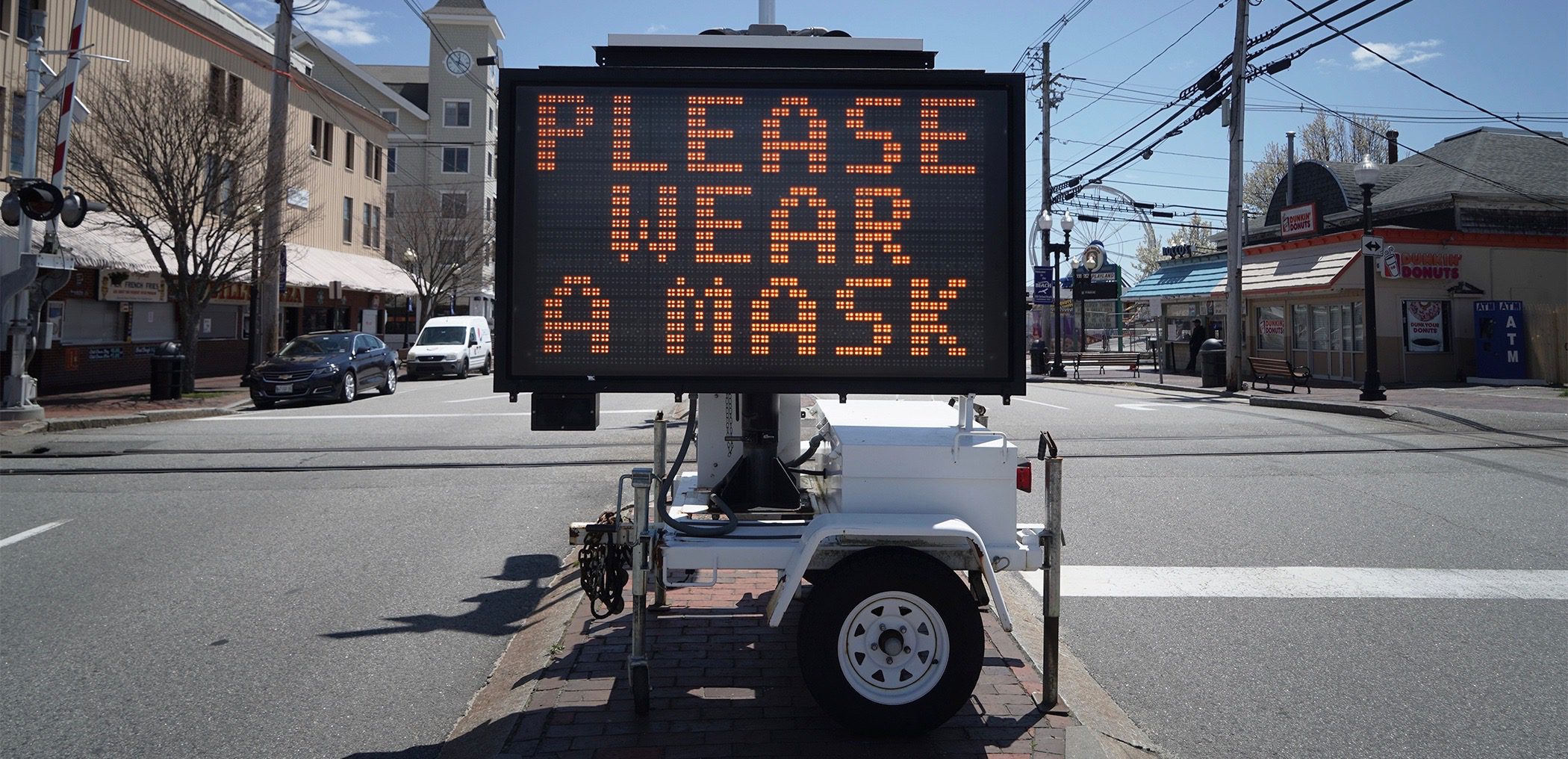Despite push back, Mills’ cautious policies are making the state safe.
Maine State Police can follow your every move, and don’t have to tell you a thing
A whistleblower's complaint has lawmakers questioning the purpose of the Maine Information and Analysis Center, which can surveil citizens even if they're not criminals.
Maine ignored as federal-state relations reach new low
To avoid political paralysis, state leaders must improve their ability to work together. Congress should form a committee to weigh the impacts of federal bills on local power.
Maine system combined with shareholder-style voting could overcome fraud fears, boost turnout
Small voting precincts have allowed paper balloting to thrive in Maine. Other states should follow suit. And if paper isn’t an option, use a non-political electronic voting service.
Better emergency planning requires legislative action
With the response to COVID-19 fresh in our minds, it’s imperative that lawmakers introduce legislation that improves government's ability to manage a crisis.
Maine’s ‘remote’ economic opportunity
As businesses consider work-from-home options for employees, Maine should seize this opportunity by promoting itself as the ideal “remote work state.”
Advocates of Maine ‘opening’ belittle virus threat, but it could harm thousands
A combination of unclear reporting from the Maine CDC and growing support to rapidly "open" the state leaves a large segment of Mainers more vulnerable to COVID-19.

